High school student seeking a degree
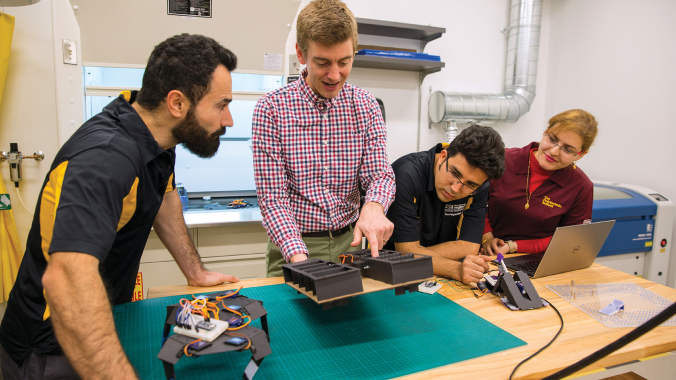
Robotics and Autonomous Systems, BS
The BS program in robotics and autonomous systems provides students with a well-rounded education in robotics, controls, autonomous systems and automation. It is intended primarily for those who desire to develop general expertise in robotics and autonomous systems, including both theory and application of robotics and autonomous systems technologies, systems integration and data fusion techniques, and modeling and simulation development.
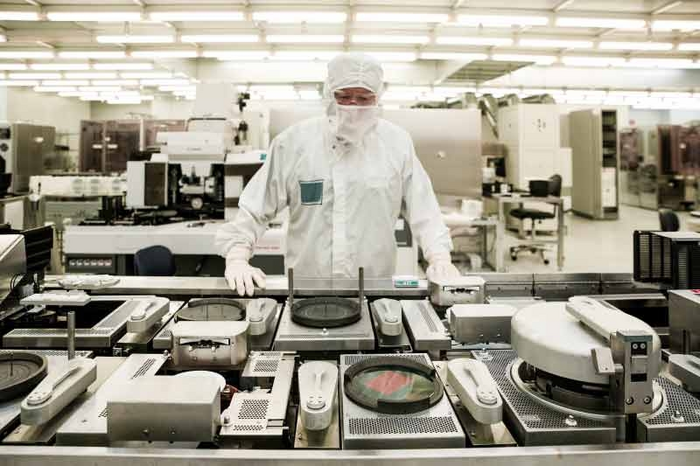
Engineering Science (Microelectronics), BS
Prepare to excel in the microelectronics industry with the BS program in engineering science with a concentration in microelectronics. Students master fundamental mathematics, coding, digital design and physics, while simultaneously
Semiconductor Characterization – Microelectronics
Immerse yourself in the world of semiconductor characterization. Starting from the basics, you’ll progress through courses covering diodes, MOSFETs, microscopy, and spectroscopy.
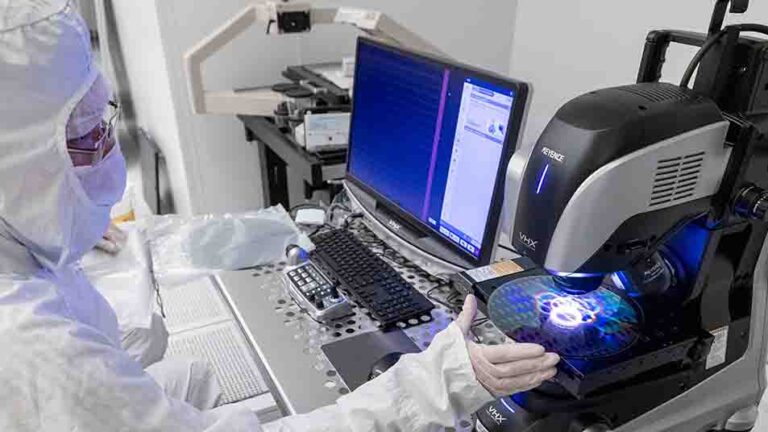
Materials Science for Technological Applications – Microelectronics
This specialization provides introductory knowledge and understanding of key concepts in Materials Science that are vital to roles in the microelectronics industry. Some of the position titles that may benefit from this course include Materials Engineer, Chemical Engineer, Electrical Engineer, Aerospace Engineer, Materials Quality Control.
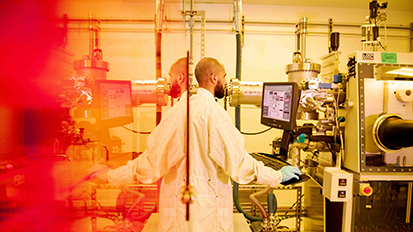
Materials Science for Advanced Technological Applications – Microelectronics
This advanced specialization extends upon the initial Materials Science specialization. Multiple roles in the micro electronics industry will benefit from the knowledge contained in this specialization, including Materials Engineer, Chemical Engineer, Electrical Engineer and Materials Quality Control.
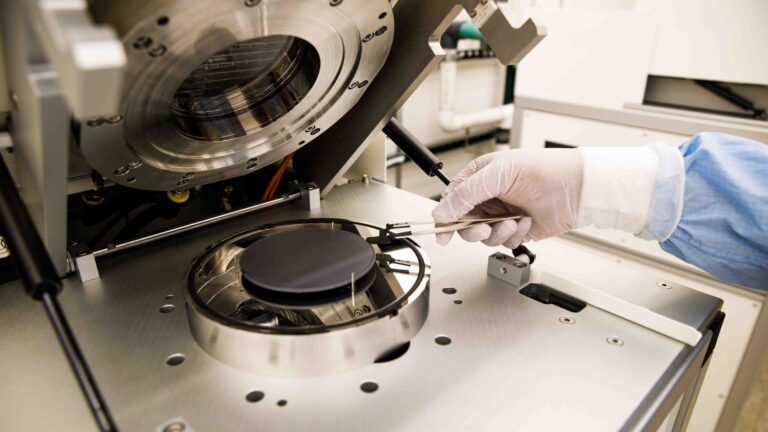
Rapid Prototyping and Tooling Specialization – Microelectronics
This specialization teaches how to make effective prototypes, an essential skill in the microelectronics industry and advanced manufacturing.The specialization addresses fundamentals of prototype design, highlighting best practices for different materials and manufacturing equipment.
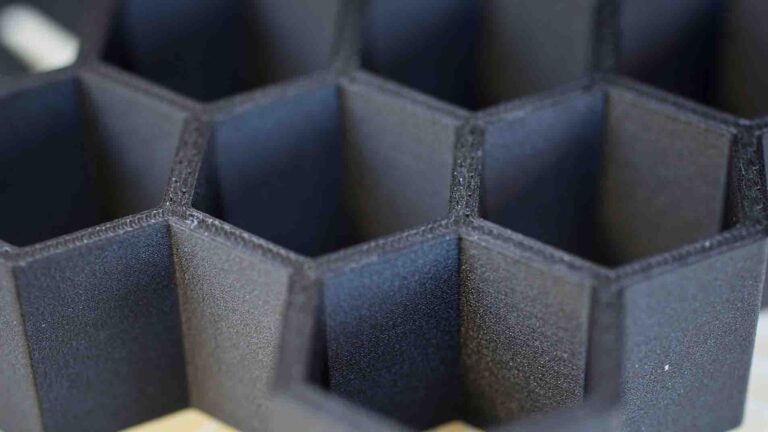
Rapid Prototyping Using 3D Printing – Microelectronics
This specialization will help learners to understand how prototyping can be accelerated in microelectronics and beyond through the use of 3D printing. Learners who complete this specialization will obtain a rich understanding of the key roles of prototyping in engineering and product development processes and how to use various types of 3D printing technologies.
Semiconductor Packaging – Microelectronics
This specialization, jointly developed by ASU and Intel, provides a foundational understanding of semiconductor packaging is, how packaging is designed and made, and how it works to finish, connect and protect functional parts.

Battery Technologies – Microelectronics
This Battery Technologies specialization builds an in-depth understanding of batteries for applications in microelectronics and electric vehicles, addressing battery applications, architecture, cell chemistries, battery charging, battery management Systems and more.
Future Trends in the Semiconductor Industry
Improve your understanding of current and future trends in the semiconductor industry through curriculum that addresses consumer and industrial applications of microelectronics, technology drivers, industrial processes, supply chains and overviews of materials for semiconductor fabrication.